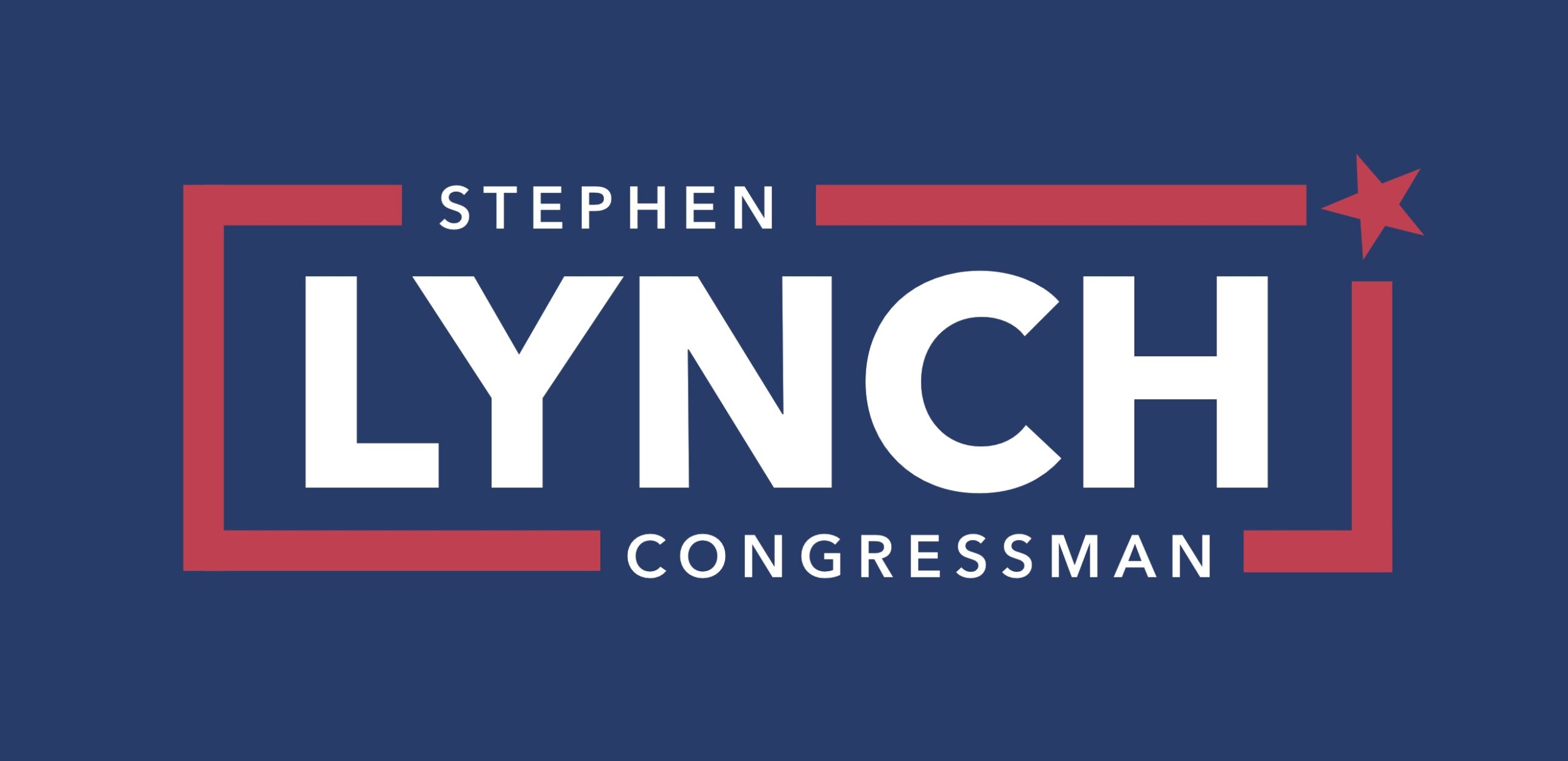Jamaica Plain News
By David Ertischek
Congressman Stephen Lynch (D-MA 8) and Congresswoman Ayanna Pressley (D-MA 7) introduced a bill that would develop an electronic version of the U.S. dollar.
“As digital payment and currency technologies continue to rapidly expand and with Russia, China, and over 90 countries worldwidealready researching and launching some form of central bank digital currency, it is absolutely critical for the U.S. to remain a world leader in the development and regulation of digital currency and other digital assets,” said Rep. Lynch, Chairman of the Task Force on Financial Technology. “By establishing a pilot program within Treasury for the development of an electronic U.S. Dollar, the ECASH Act will greatly complement and advance ongoing efforts undertaken by the Federal Reserve and President Biden to examine potential design and deployment options for a digital dollar. Importantly, this pilot program will also preserve a role in our financial system for smaller anonymous cash-like transactions which are currently transacted in physical dollars and which have seen a rapid decline in use.”
The White House previously announced an executive order on March 9 instructing numerous federal agencies to study digital assets and provide numerous reports about their use and proposals that could regulate them.
The hope of this legislation is to promote greater financial inclusion, maximize consumer protection and data privacy, and advance U.S. efforts to develop and regulate digital assets.
Along with Pressley and Lynch, cosponsors of the bill are U.S. Representatives Jesús García (IL-04), Rashida Tlaib (MI-13), and and Alma Adams (NC-12), who are all on the Committee on Financial Services.
“Our current financial system has too often served as a barrier for Black, brown, and low-income communities to build and sustain wealth,” said Pressley, Vice Chair for the Subcommittee on Consumer Protection and Financial Institutions.“Ensuring economic justice means advancing innovative solutions that will promote financial inclusion and trustworthiness while protecting consumer safety and privacy.”
To maximize consumer protection and data privacy, the bill requires the U.S. Treasury to incorporate key security and functionality safeguards into e-cash that are generally associated with the use of physical currency – including anonymity, privacy, and minimal generation of data from transactions. In the interest of expanding financial inclusion, e-cash must also be interoperable with existing financial institution and payment provider systems, capable of executing peer-to-peer offline transactions, and distributed directly to the public via secured hardware devices, according to a press release. E-cash would be regulated similar to physical currency and subject to existing anti-money laundering, counterterrorism, Know Your Customer, and transaction reporting requirements and regulation.

Recent Comments